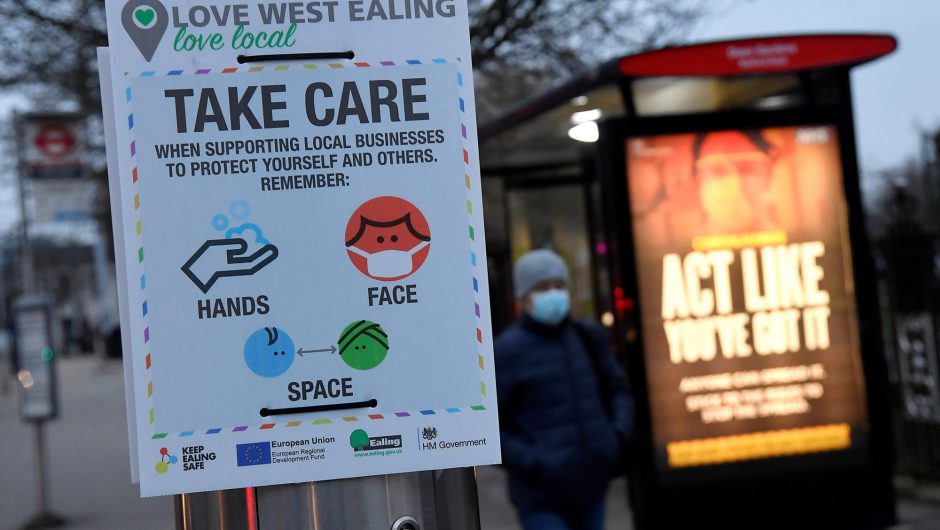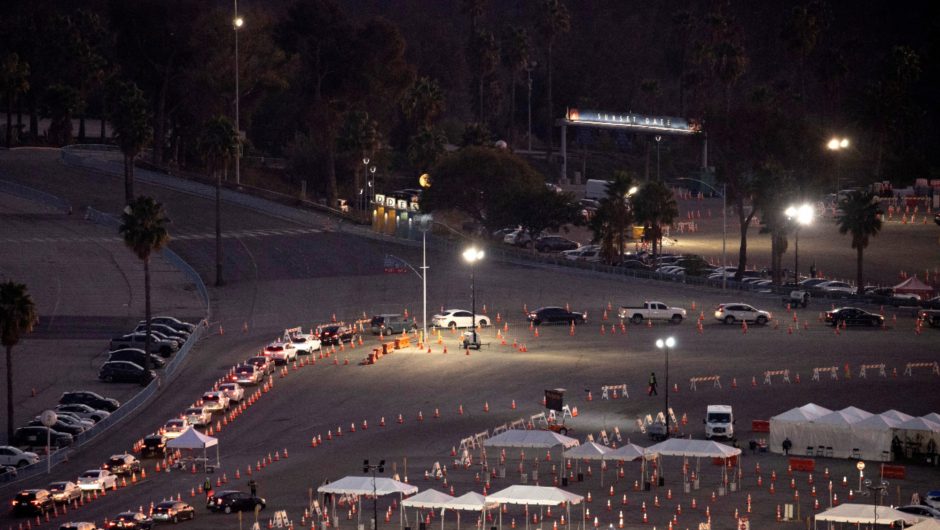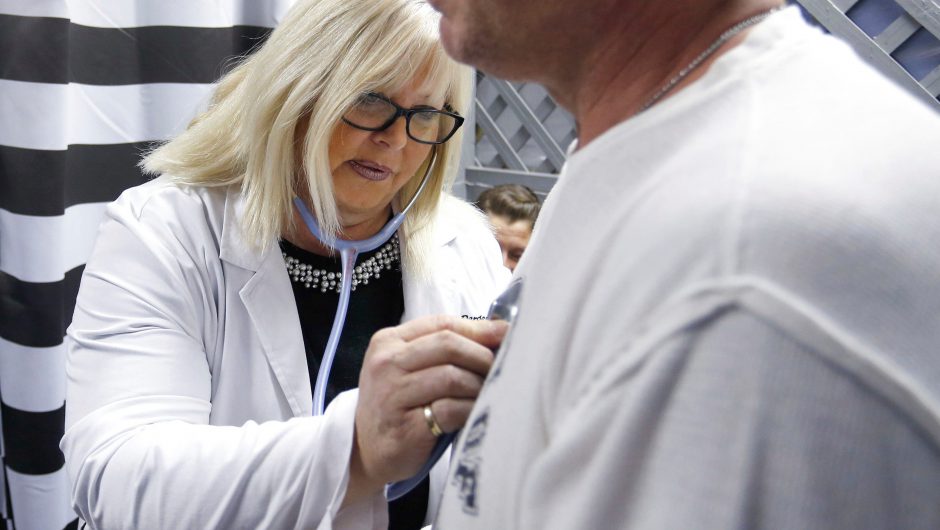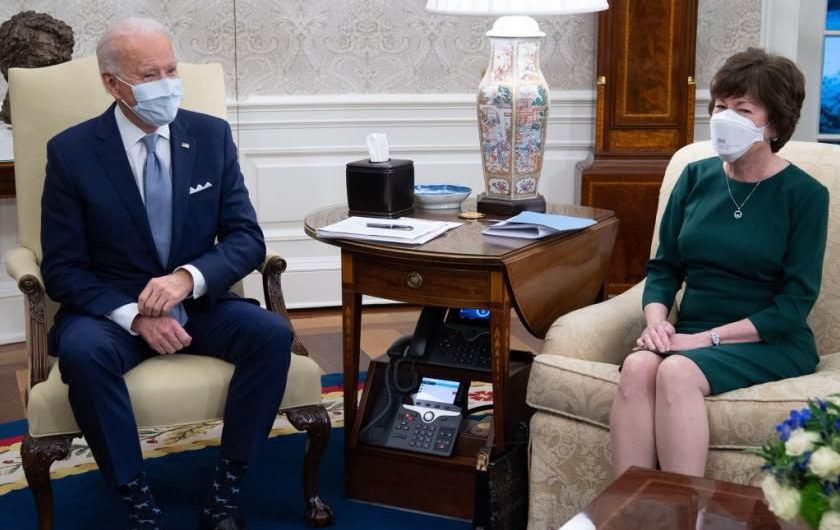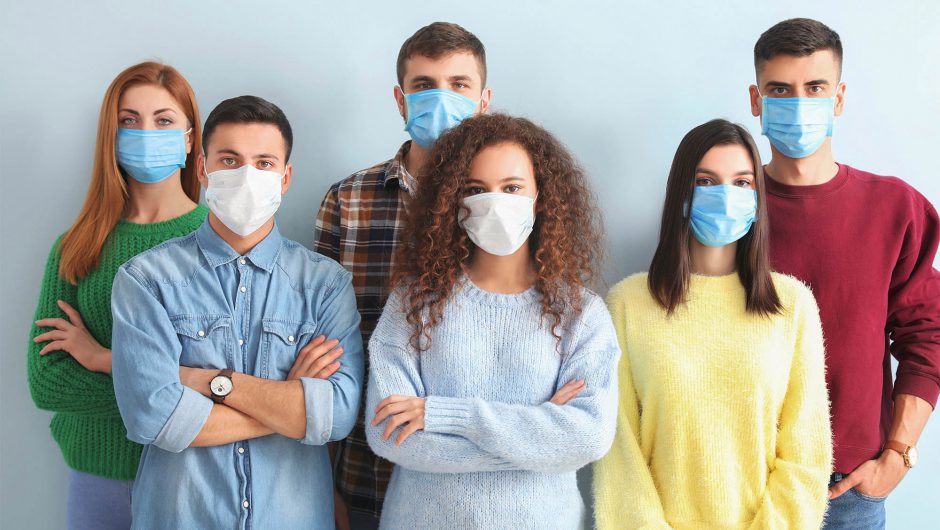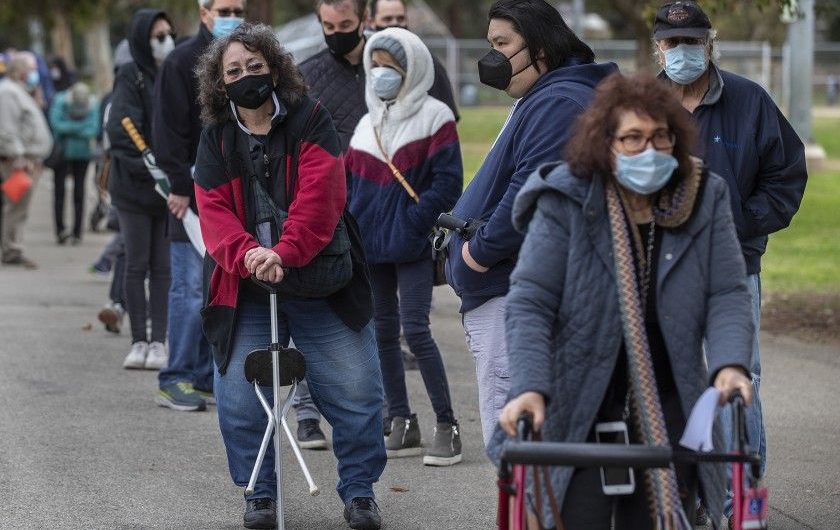[ad_1]
Tanzanians have been sceptical of the government’s assurance that the crisis was not serious
The US embassy in Tanzania has warned that there is a risk of “exponential growth” of Covid-19 cases in the country, at a time when the government is not releasing data on new cases.
It added that hospitals in the main city, Dar es Salaam, were “overwhelmed” and that the chance of contracting the virus was “extremely high”.
The embassy did not, however, give any evidence to back up its claims.
Tanzania’s president has accused health officials of exaggerating the crisis.
John Magufuli has repeatedly urged people to attend services in churches and mosques, saying that prayers “can vanquish” the virus.
However, recent videos of night burials shared on social media have caused some to call into question the government’s approach.
The World Health Organization (WHO) has also expressed concern about the government’s strategy.
On 29 April, the last day official data was released, there were 509 cases, with 21 deaths.
Last week, President Magufuli revealed that he secretly had animals and fruits samples tested at the national health laboratory in charge of coronavirus and that a papaya (paw-paw), a quail bird, and a goat had returned positive results.
He later closed the laboratory and suspended the head.
Some churches have stopped services, but many are still packed on Sundays
The Tanzanian president is among several African leaders who have received orders for a herbal tonic touted by the president of Madagascar as a cure for Covid-19.
The WHO has warned against using untested medicine.
What did the US embassy say?
The US embassy statement advised Americans living in Tanzania to stay at home and limit interactions with people other than those they live with.
It went on to claim that hospitals in Dar es Salaam are overwhelmed and warned that due to the limited capacity of the healthcare system in the country, patients may face life-threatening delays for medical care.
Story continues
The BBC asked the embassy to share its evidence but was referred to the Tanzanian ministry of health.
More than four million people worldwide have contracted coronavirus, and the US has the highest number of infections – at least 1.3m – according to the John Hopkins University.
The Director of the US National Institute of Allergy and Infectious Diseases, Dr Anthony Fauci, said on Tuesday that the US death toll was probably higher than the official figure of 80,000.
What is being said in Tanzania?
Government spokesman Hassan Abbasi told the BBC he had “no comment” in response to the US embassy’s statement.
The authorities have previously rejected accusations that the government was operating in secrecy and denial.
“The claims that Tanzania has wavered and isolated itself in the fight against Covid-19 are not true because Tanzania has provided leadership in the economic bloc of the Southern African countries (Sadc), which the country chairs, and it has continued to do so with respect and all efforts required,” said Foreign Affairs Minister Palamagamba Kabudi.
John Magufuli (R) was one of the first leaders to do the “Wuhan shake”
However, a prominent Tanzanian opposition leader has accused Mr Magufuli, who missed a key meeting of East African leaders on Tuesday to deal with the coronavirus crisis, of making the country a “pariah”.
Zitto Kabwe accused the president of “practising harmful policies” that would lead Tanzania to “unmitigated health and economic challenges”.
Several MPs from the main opposition party, Chadema, have boycotted parliamentary sessions because they fear catching the virus.
The party said it ordered its members to quarantine following the death of three MPs in April – though the deaths have not been linked to coronavirus.
Life goes on as normal despite Covid-19
By Sammy Awami, BBC News, Dar es Salaam
The health alert from the US embassy does not necessarily mean the relationship between Tanzania and the US is deteriorating.
However, the unusually strong words used in the statement speaks volumes about what the US believes to be the magnitude of the disease in the country.
The lack of daily updates from the government makes it difficult to know for sure whether the situation in the country really is out of control.
Whatever the truth is, life has hardly changed from how it was before Tanzania reported its first Covid-19 case in March.
Markets and shopping centres continue to be packed with people, raising concerns that the virus could be spreading fast.
Many, however, wear masks and other face covering to protect themselves.
Shops, market centres, pubs and places of worship have also put water buckets and soap at entrance points and demand people wash their hands before entering.
Banner image reading ‘more about coronavirus’Banner
[ad_2]
Source link


